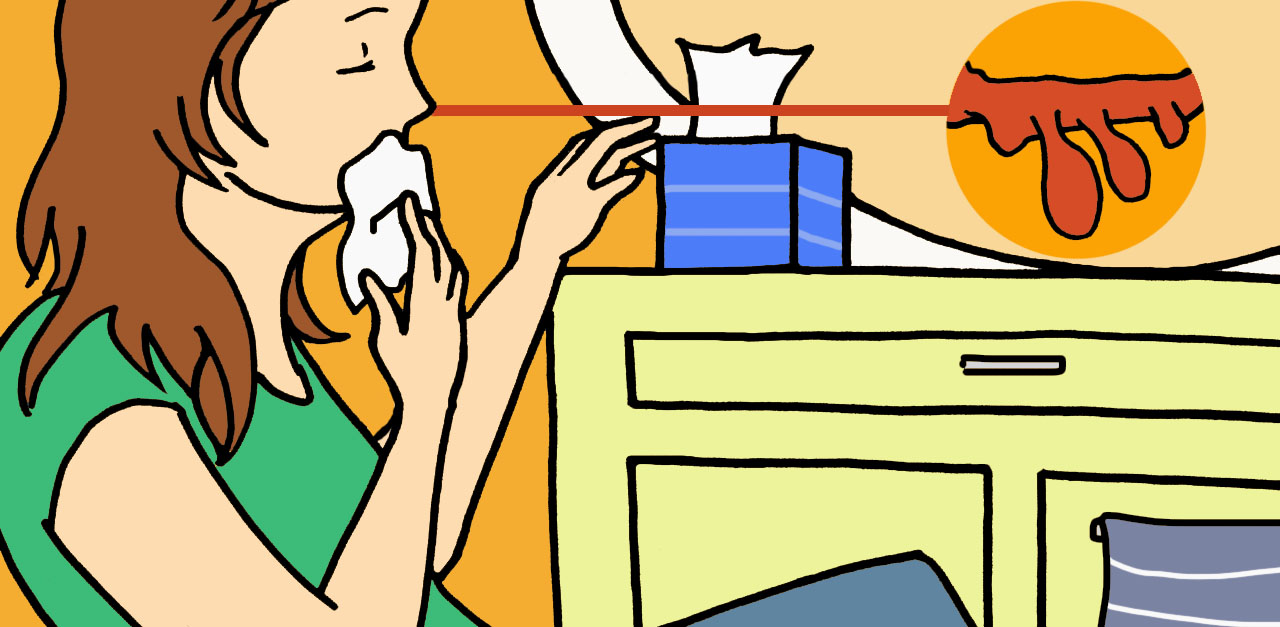
Have you ever been blowing your nose and realized that there's something stuck leading to a stuffy nose or a blocked nose?
When you investigate with your finger, you realize there's actually a small bump growing on the inside of your nose.
You might try to scrape out the nose growth and discover that your attempt just leads to a bleeding nose and a scab. Unfortunately, this is just one of the many things you should never, ever do to your nose.
Still, not being able to properly blow your nose is one of the most annoying and uncomfortable things, we all hate nasal congestion.
What should you do when you find one of these weird bumps inside your nose causing sinus congestion?
These bumps, known as nasal polyps, shouldn't scare you, but you should take the time to learn some more about what causes nasal polyps and nose polyp treatment.
Read the information below to find out more about nasal polyps, how to recognize them, and what to do if you think you have one.
What Are Nasal Polyps?
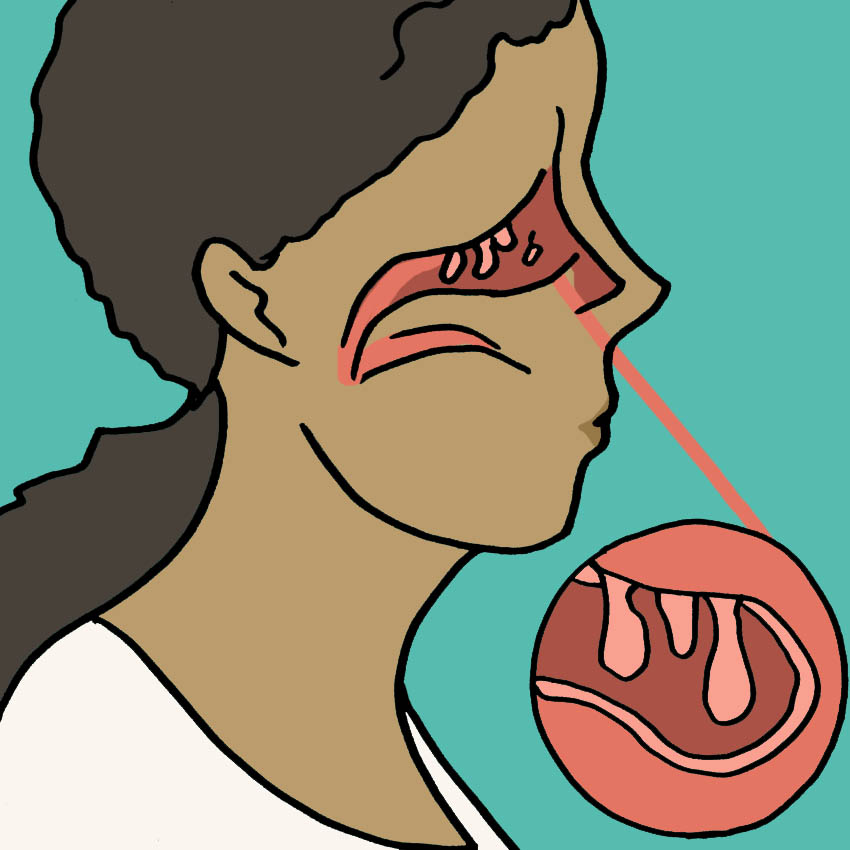
So what exactly are these little fleshy bumps inside your nose?
According to the Mayo Clinic, "Nasal polyps are soft, painless, noncancerous growths on the lining of your nasal passages or sinuses. They hang down like teardrops or grapes."
Who Is Affected By Nasal Polyps?
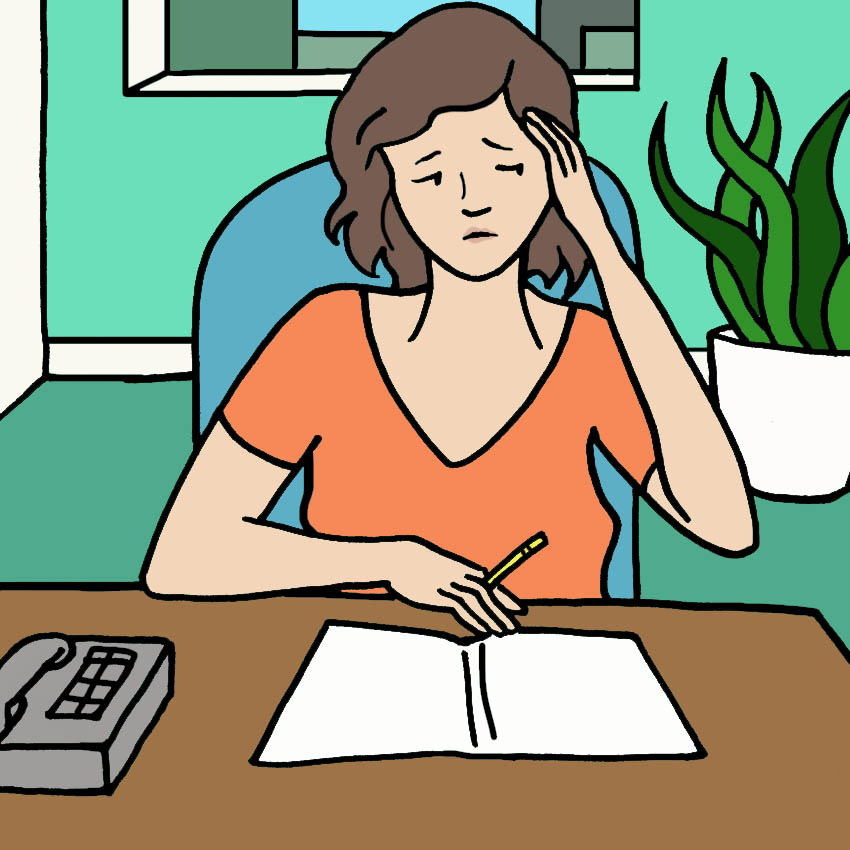
Although anyone can get nasal polyps, the Mayo Clinic explains that they're most common in adults.
If a child complains of bumps in their nose, it may be something else — including a foreign object — but don't completely write off nasal polyps as a cause.
What Causes Nasal Polyps?
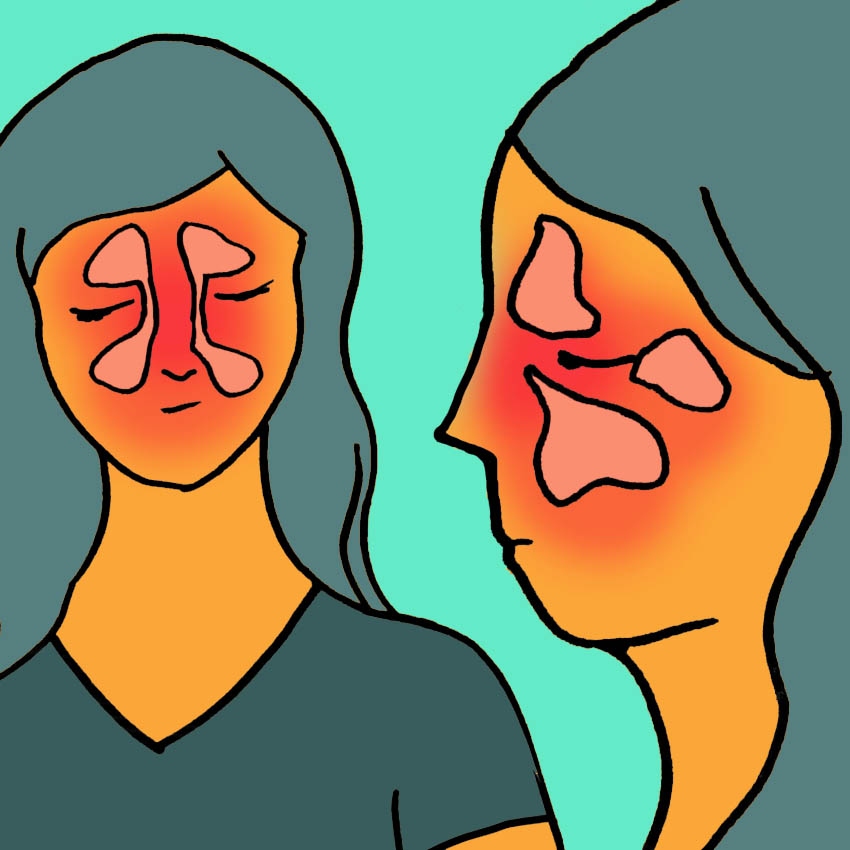
There's no one singular cause of nasal polyps, but there are a few common triggers.
"They result from chronic inflammation due to asthma, recurring infection, allergies, drug sensitivity, or certain immune disorders," explains the Mayo Clinic.
Symptoms Of Nasal Polyps Symptom #1: Runny, Stuffy Nose
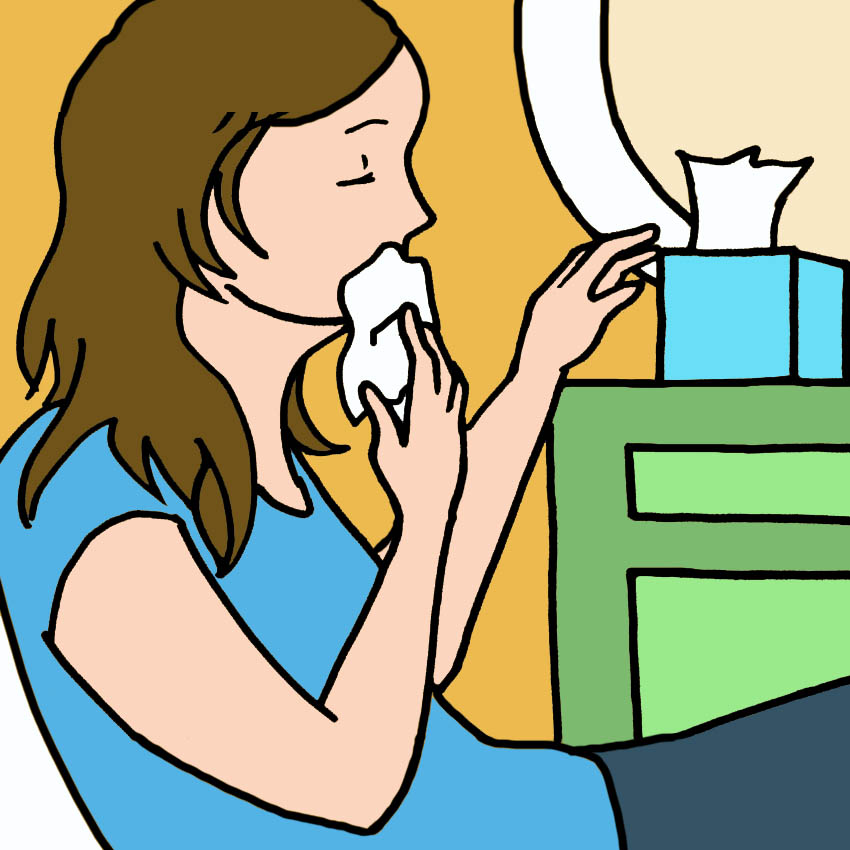
Some small nasal polyps have no signs at all, while other large polyps can cause serious symptoms.
One of the most common symptoms of nasal polyps is a runny or stuffed up nose, explains the U.S. National Library of Medicine, sometimes combined with sneezing.
If you have a nasal polyp, you may also feel like there is something blocking your nose.
Symptom #2: Loss Of Sense Of Smell Or Taste
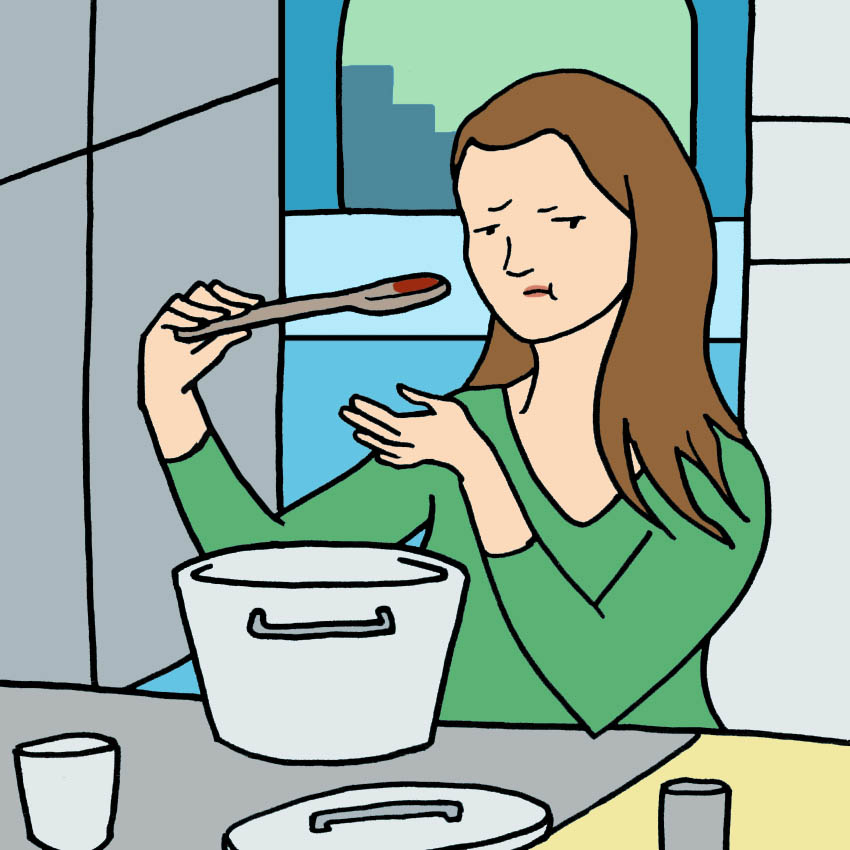
Other common symptoms include loss of smell and loss of taste.
Just as these may be symptoms when you're stuffed up from a cold, you may also lose these senses when your polyp is growing in your nasal cavity.
Symptom #3: Pain In The Face, Head, Or Teeth
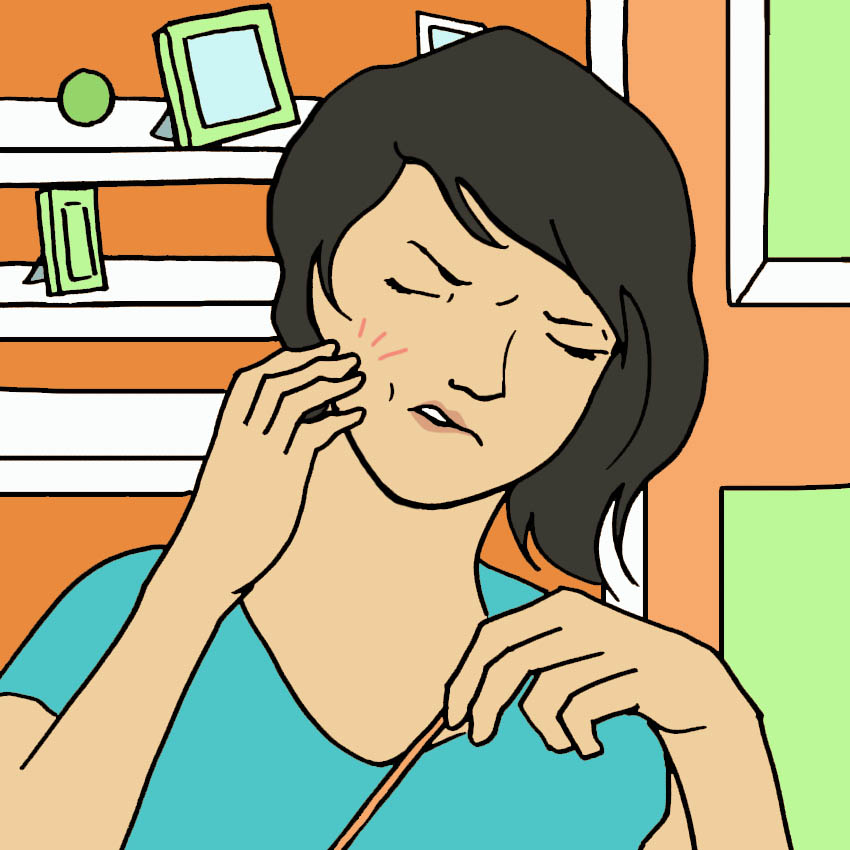
Sometimes, nasal polyps are accompanied by a sinus infection.
If this is the case, you might also experience pain or aches in the head, teeth (typically the upper teeth), or face.
Symptom #4: Pressure Over Forehead And Face
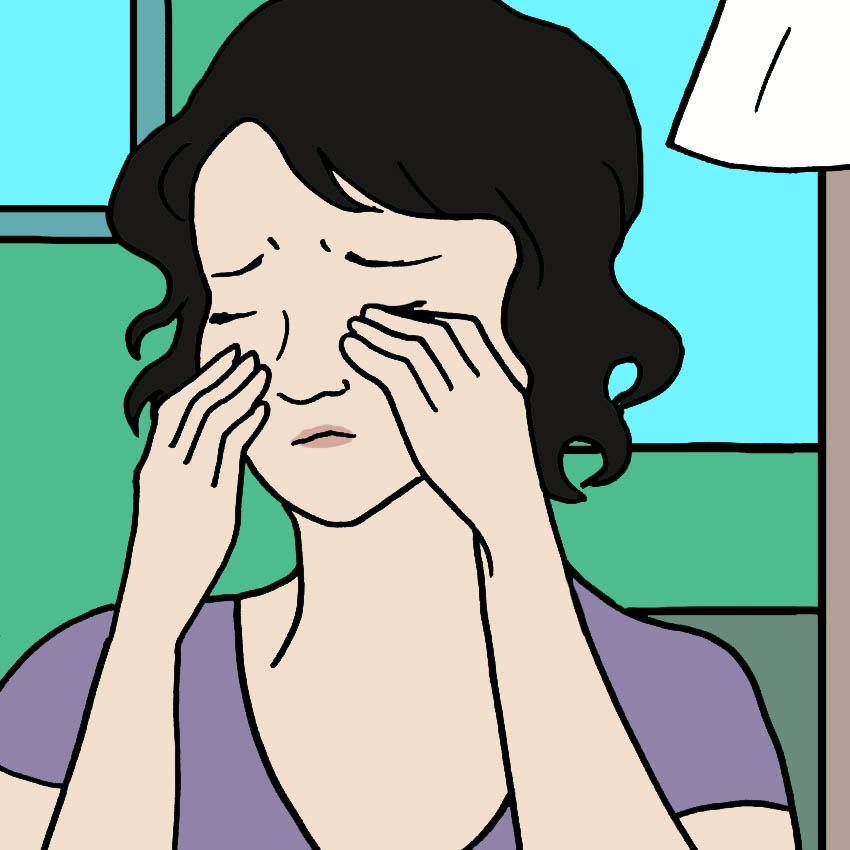
Not unlike the other symptoms, this symptom also affects the head and face, not just the nose.
Since nasal polyps can occur within the nasal cavities, they can cause a sense of pressure in the face and forehead.
When To See A Doctor
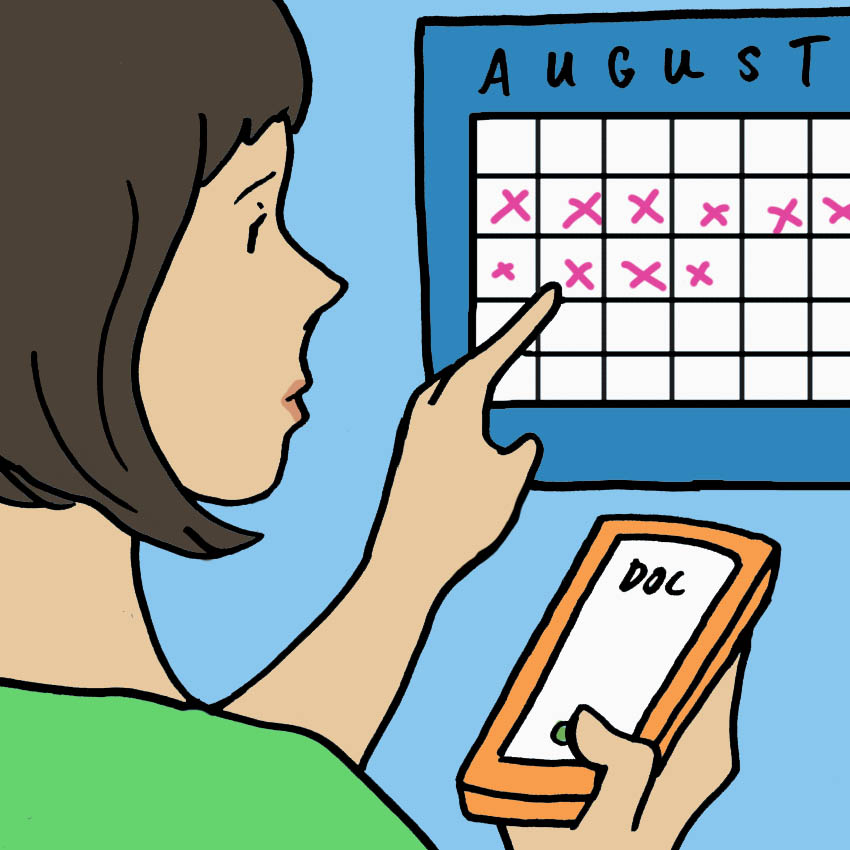
Since the symptoms of nasal polyps are not typically very dangerous, the best time to see a doctor is if you've been experiencing symptoms for at least 10 days.
Waiting for 10 days will also ensure that the symptoms aren't due to a common cold.
When To Seek Immediate Medical Attention
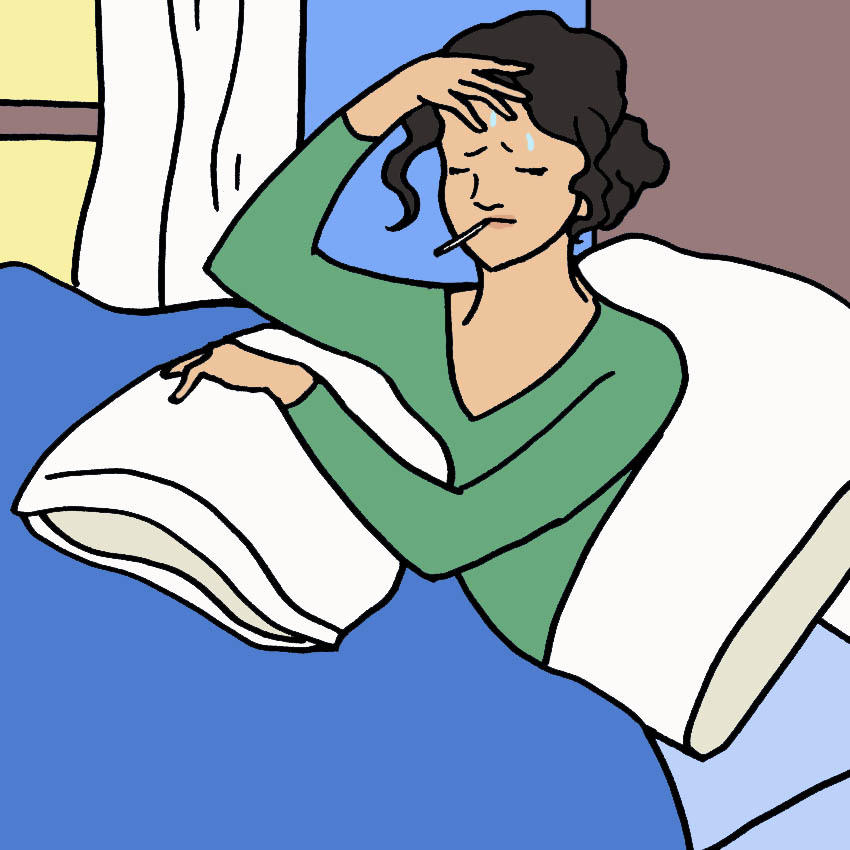
In serious circumstances, you may need to seek immediate medical attention.
If you have trouble breathing, your symptoms suddenly get worse, you start having vision problems, you experience swelling around your eyes, or you have a severe headache with a high fever, you should seek emergency care.
Please SHARE this article with your friends if you think people should know more about their health!




